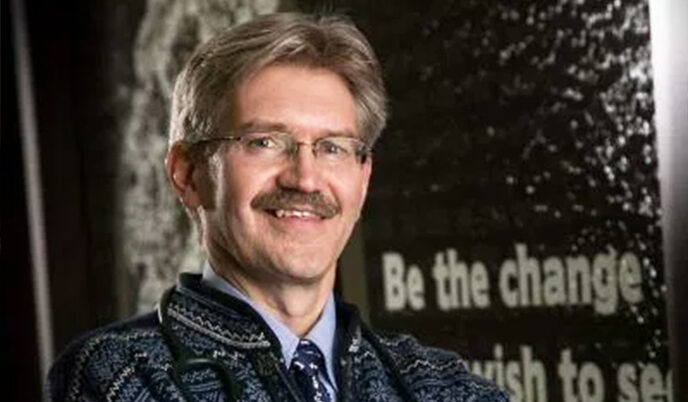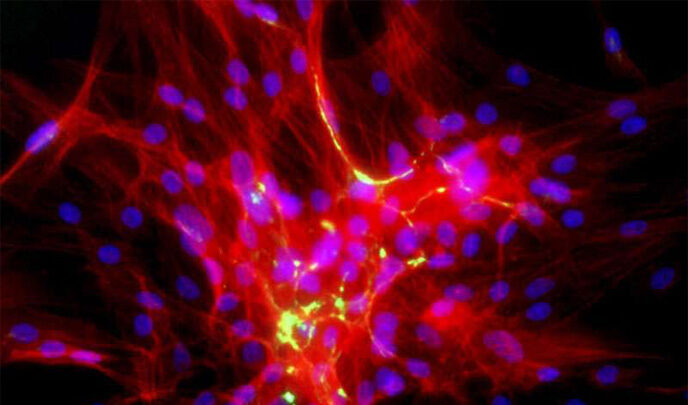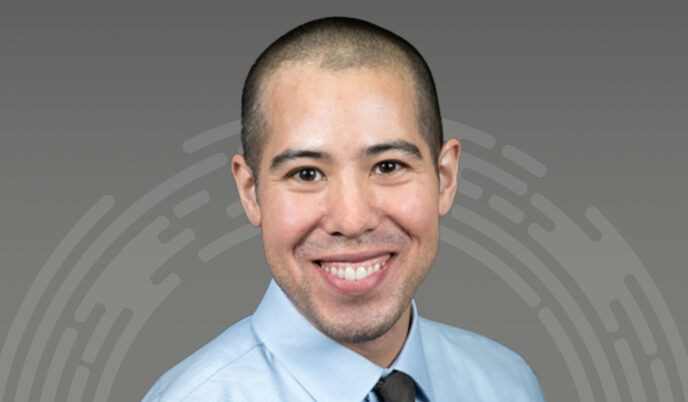
Kelly McQueen named chair of anesthesiology
A leader in global anesthesia and surgery, Kelly McQueen, MD, MPH, has been named chair of the Department of Anesthesiology at the University of Wisconsin School of Medicine and Public Health.

Jonathan Temte named associate dean for public health and community engagement
A key player in nationwide vaccine policy with a passion for connecting medical research with community needs, Jonathan L. Temte, MD, PhD, MS, will serve as the next associate dean for public health and community engagement at the University of Wisconsin School of Medicine and Public Health.

‘Protective’ headgear does not prevent sport-related concussions in soccer players, UW study shows
The use of protective headgear among high school soccer players does not result in fewer or less severe sport-related concussions compared to players who wear no headgear at all, according to a new study by researchers at the University of Wisconsin School of Medicine and Public Health.

Researchers reveal the pioneering role of Zelda in zygotic gene activation
Researchers at the University of Wisconsin School of Medicine and Public Health have developed a novel strategy to address the role of vital proteins during early embryonic development.

David Brow develops improved method for tracking molecular signals in living cells
A University of Wisconsin-Madison researcher has established a new approach to understanding how protein and RNA molecules in a cell cooperate to direct the proper expression of genes.

Survey finds LGBT health disparities in Wisconsin
Findings from the Survey of the Health of Wisconsin (SHOW), a population-based health examination survey, show that there are disparities in health outcomes, health care access and quality among LGBT individuals in Wisconsin.

‘Bad guy’ fibrocytes could help rebuild damaged tissue
Could a blood cell type responsible for scarring and diseases such as pulmonary fibrosis be repurposed to help engineer healthy tissue?

13 Carbone Cancer Center researchers earn prestigious campus and national awards
Thirteen University of Wisconsin Carbone Cancer Center researchers have earned prestigious campus honors. The awards were announced in early May.

Wisconsin Alzheimer’s Disease Research Center receives $15 million from NIH
The Wisconsin Alzheimer’s Disease Research Center will establish, among other activities, a first-of-its-kind research program into improving the care of Alzheimer’s patients and reducing caregiver stress through a $15 million grant from the National Institutes of Health-National Institute on Aging (NIH-NIA). This grant will provide $3 million annually for five years.

Aaron Struck wins award for research to better predict seizures
Epilepsy physician and researcher Aaron Struck, MD, won the INFORMS Analytics Society Innovative Applications in Analytics Award (IAAA) for research in how to better predict seizures in patients with critical illness.

Nathaniel Chin shares the inspiration behind his Alzheimer’s podcast
Every other week, Nathaniel Chin, MD, interviews experts about Alzheimer’s disease research, news and caregiver support for his podcast, Dementia Matters.

University of Wisconsin-led study identifies why some colds cause asthma attacks in children
Upper respiratory infections remain one of the most common triggers of asthma attacks in children, but not every cold leads to a dangerous worsening of symptoms, even among children with severe asthma. The reasons for this have mostly gone unanswered for decades, but a new study led by the University of Wisconsin School of Medicine and Public Health provides some insight on what differentiates a cold that leads to an asthma attack from a cold that remains a cold.